Owning an electric car has its good and bad points. On the plus side, you save on gas and reduce emissions, but there are plenty of minuses. Many electric vehicle (EV) owners encounter frustrating challenges on a daily basis.
From limited charging options to high maintenance costs, the realities of EV ownership often catch new drivers off guard. If you’re considering making the switch to electric, you need to know what to expect. Here are some of the annoyances that come with owning an electric car.
Limited Charging Infrastructure

Unlike gas stations, which are easy to find, EV chargers are often scarce. One of the biggest frustrations for EV owners is the lack of charging stations, especially in rural areas. Even when you find one, it may be in use or out of order. For long road trips, the limited charging infrastructure makes planning complicated.
Long Charging Times
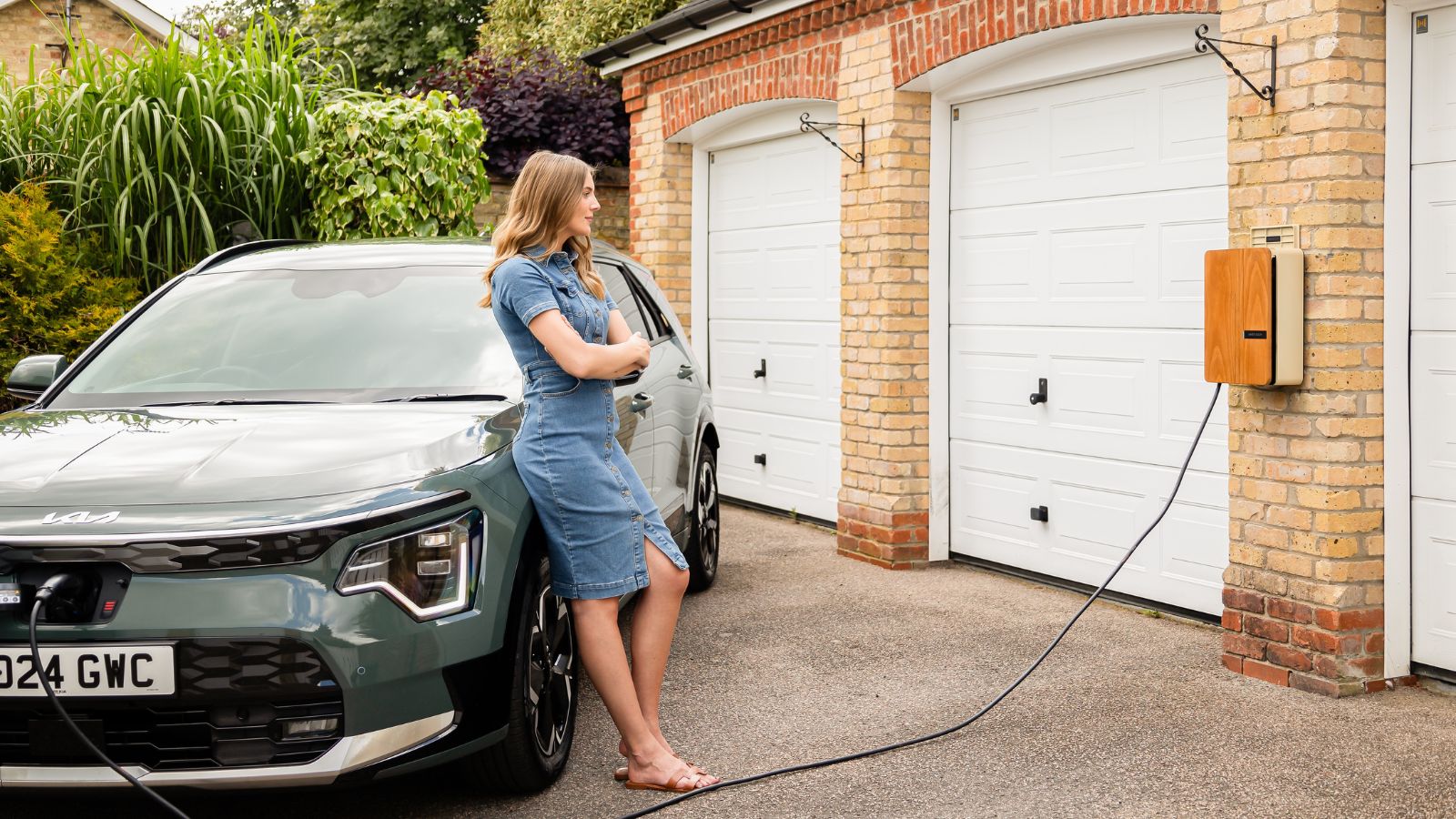
Recharging an EV is a slow, boring business. Even with fast chargers, it takes much longer to recharge than it takes to fill a gas tank. A full charge often requires hours. If you’re stuck with a Level 1 charger at home, the process can take an entire day. This makes spur-of-the-moment trips or tight schedules difficult to manage.
High Upfront Costs

There’s no getting away from the fact that EVs are expensive. Despite tax credits and lower fuel expenses, there’s a hefty price to pay upfront. Adding home charging equipment only increases the initial expense. While the long-term savings might balance things out, the steep initial investment can make owning an EV less accessible to many buyers.
Range Anxiety
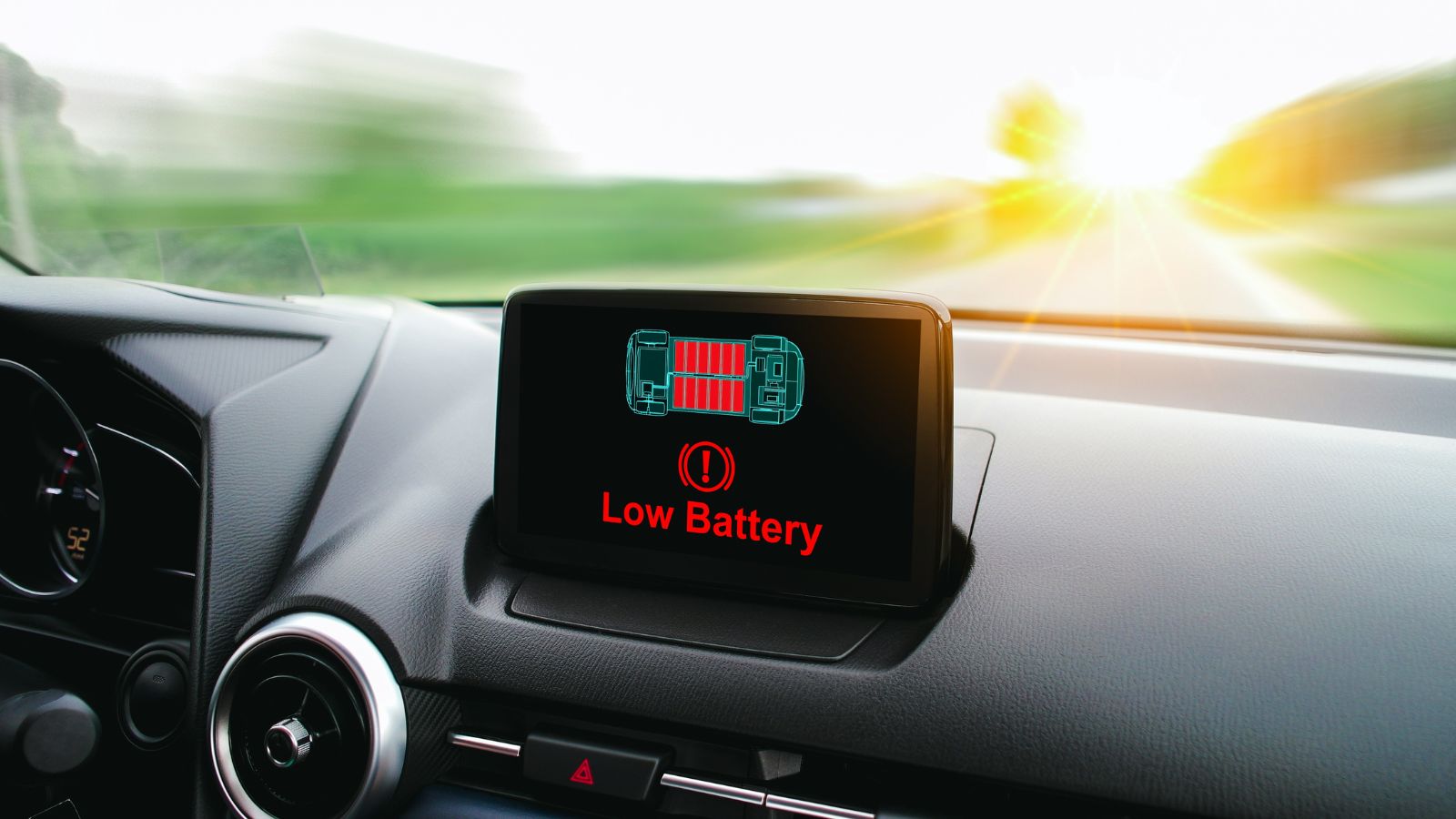
The constant worry about having enough power makes driving an EV stressful on longer trips. Range anxiety – the fear of running out of charge before reaching a destination – remains a common issue for electric car owners. Although newer models boast longer ranges, environmental factors like cold weather or high-speed driving can drain the battery faster than expected.
Cold Weather Performance
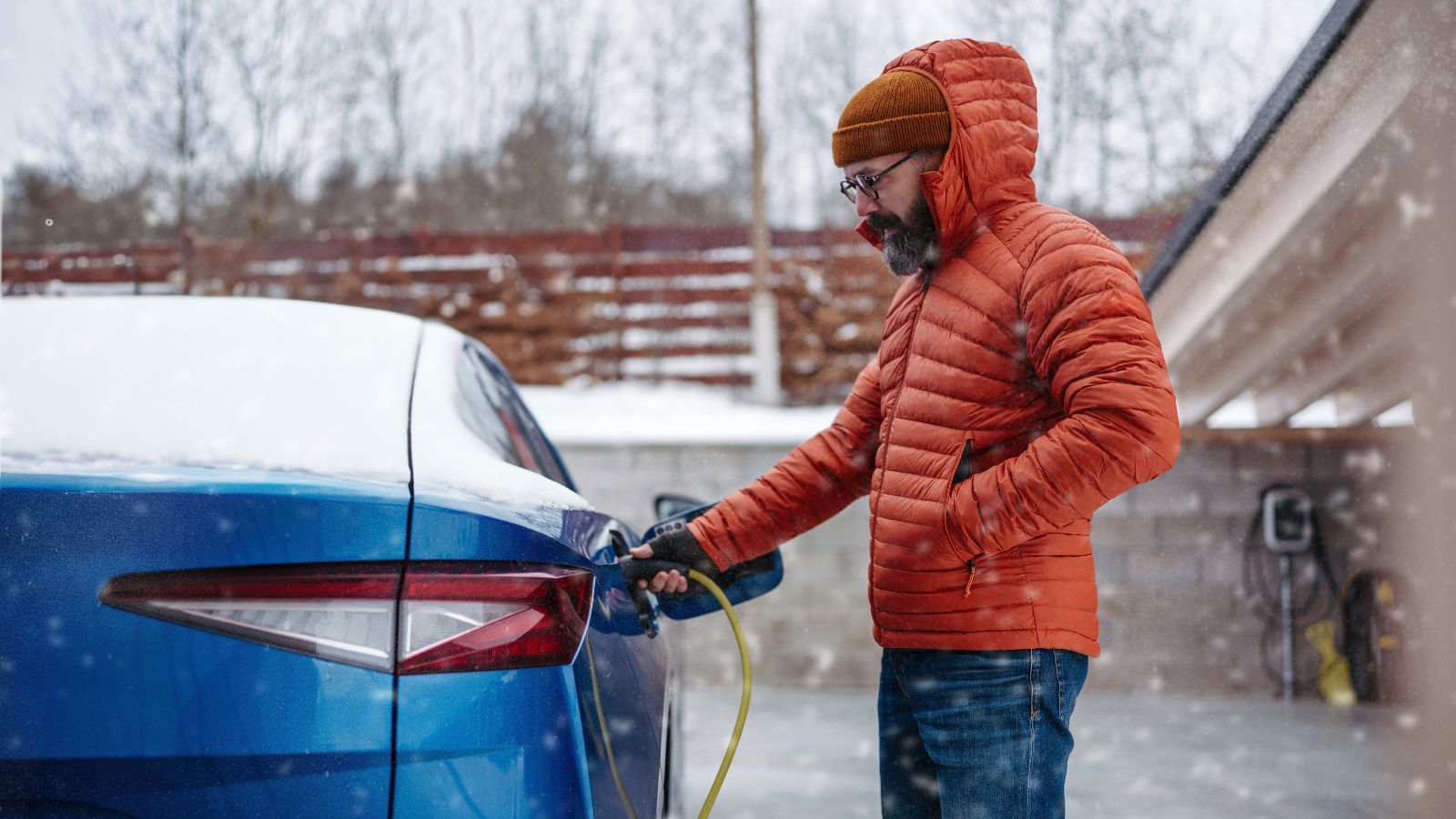
Low temperatures significantly reduce battery range, making winter driving challenging for EV owners. To make matters worse, running the heater draws even more power, further limiting how far you can travel. For drivers in colder climates, this seasonal drop in performance can be a frustrating reality.
Limited Model Options

The choice of EV models is limited. The selection available still doesn’t match the variety of traditional cars on the market. If you’re looking for an SUV, truck, or large vehicle, the choice is even more restricted because EV manufacturers are concentrating on compact or sedan-style models. It can be hard to find an EV that perfectly fits your lifestyle and preferences.
Expensive Battery Replacements

The battery pack is usually the single most expensive component of an electric car, and its lifespan depends on usage and care. Although EVs require less maintenance overall, replacing the battery can be an eye-watering expense. If you’re not covered by a warranty, a replacement can cost thousands of dollars, making it a significant financial burden.
Limited Towing Capacity

Some larger EVs are equipped for towing, but most models struggle with hauling heavy loads because electric cars aren’t designed with towing in mind. Towing also drains the battery much faster, reducing range significantly. For drivers who need a vehicle for trailers, boats, or other heavy loads, EVs aren’t the most practical choice.
Charging Station Etiquette
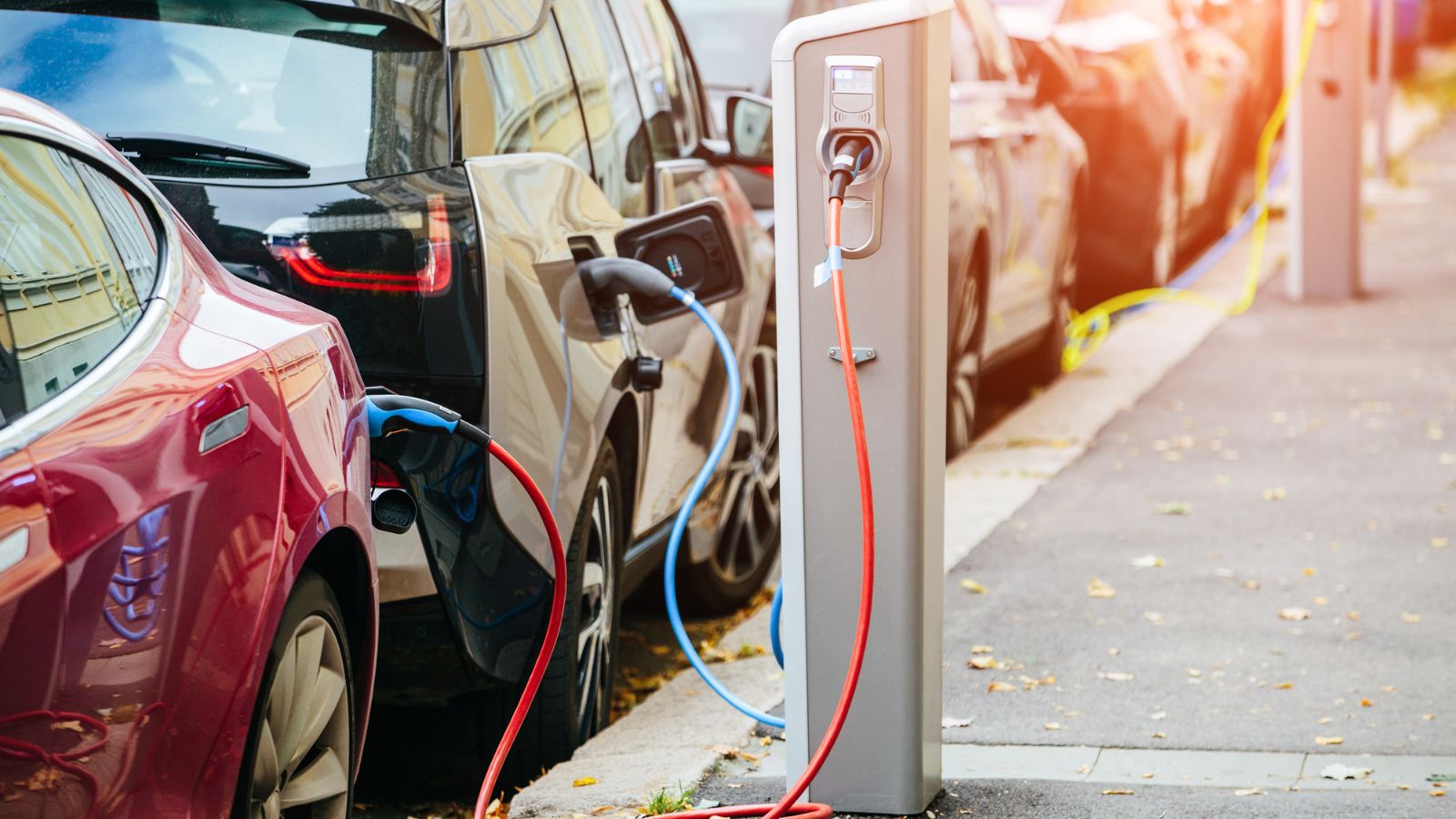
Using public charging stations isn’t a pleasant experience. Not all EV owners follow proper etiquette. Some drivers leave their cars plugged in long after they’re fully charged, preventing others from using the spot. Others might unplug your car without asking. These shared spaces can create unnecessary tension and delay your charging plans.
Lack of Road Trip Convenience
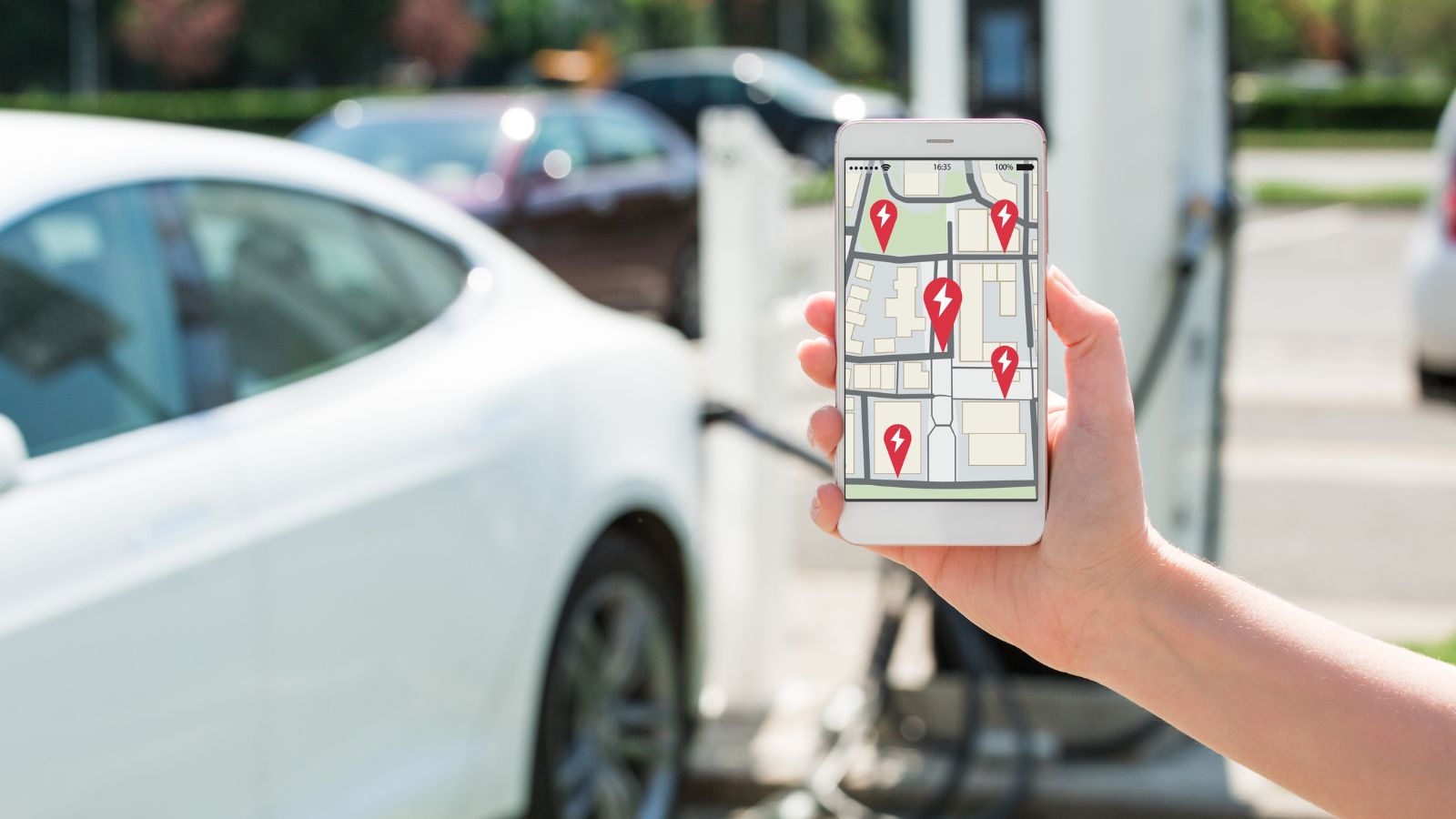
Before you set off on a long road trip in an EV, you’ll need to do a lot of careful planning. This includes mapping out charging stops and taking account of the extra time needed to recharge. Unlike a quick gas station stop, waiting for your car to charge can turn a road trip into a logistical puzzle. For spontaneous travelers, this is a major inconvenience.
Software Updates
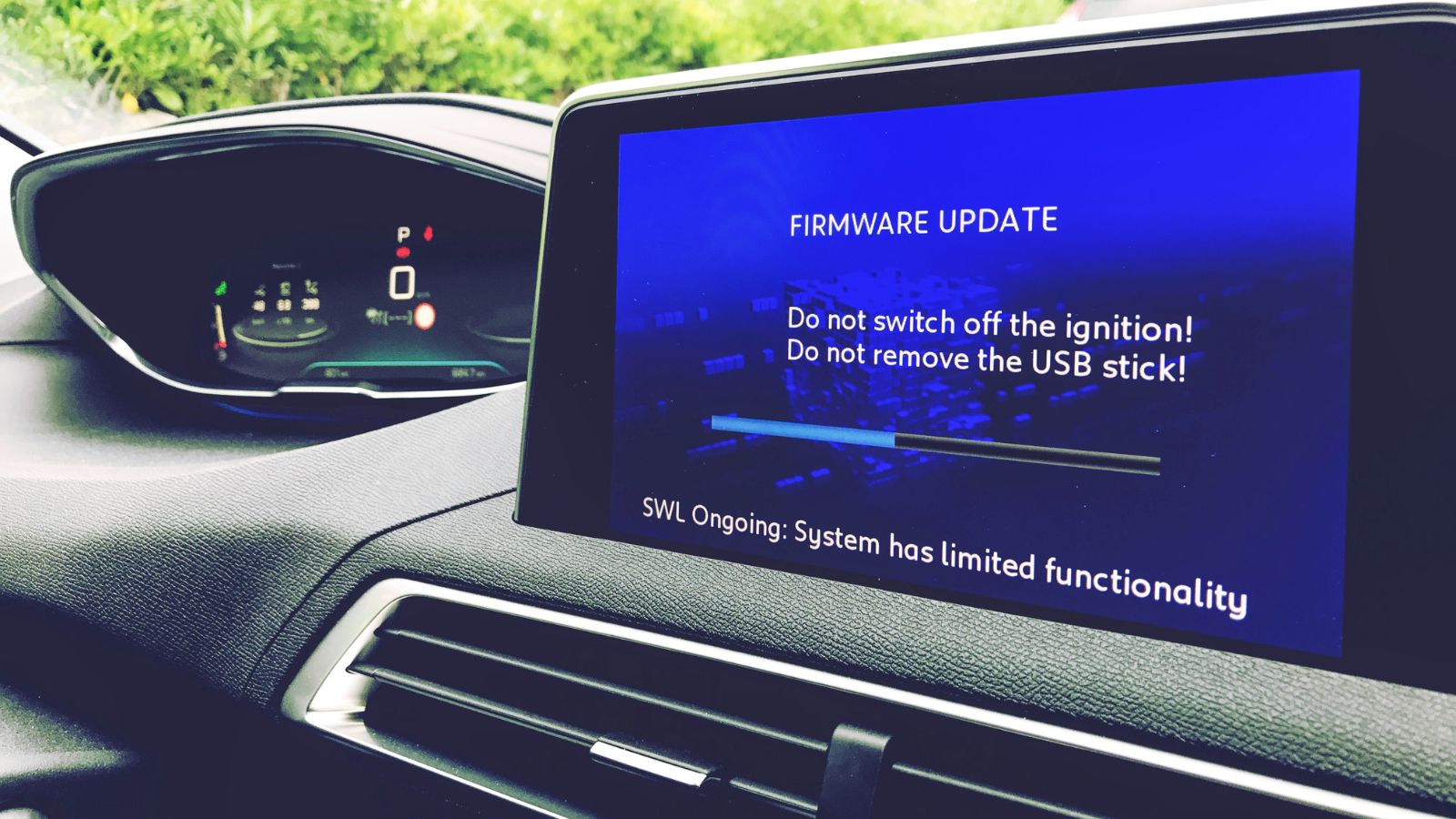
There’s a lot of electronic technology inside your EV that’s heavily reliant on software – which often needs updating. Some updates and fixes might take your car offline temporarily, or they could change features in ways you don’t like. If you’re not tech-savvy, navigating these updates can feel more like a chore than an improvement.
Home Charging Limitations
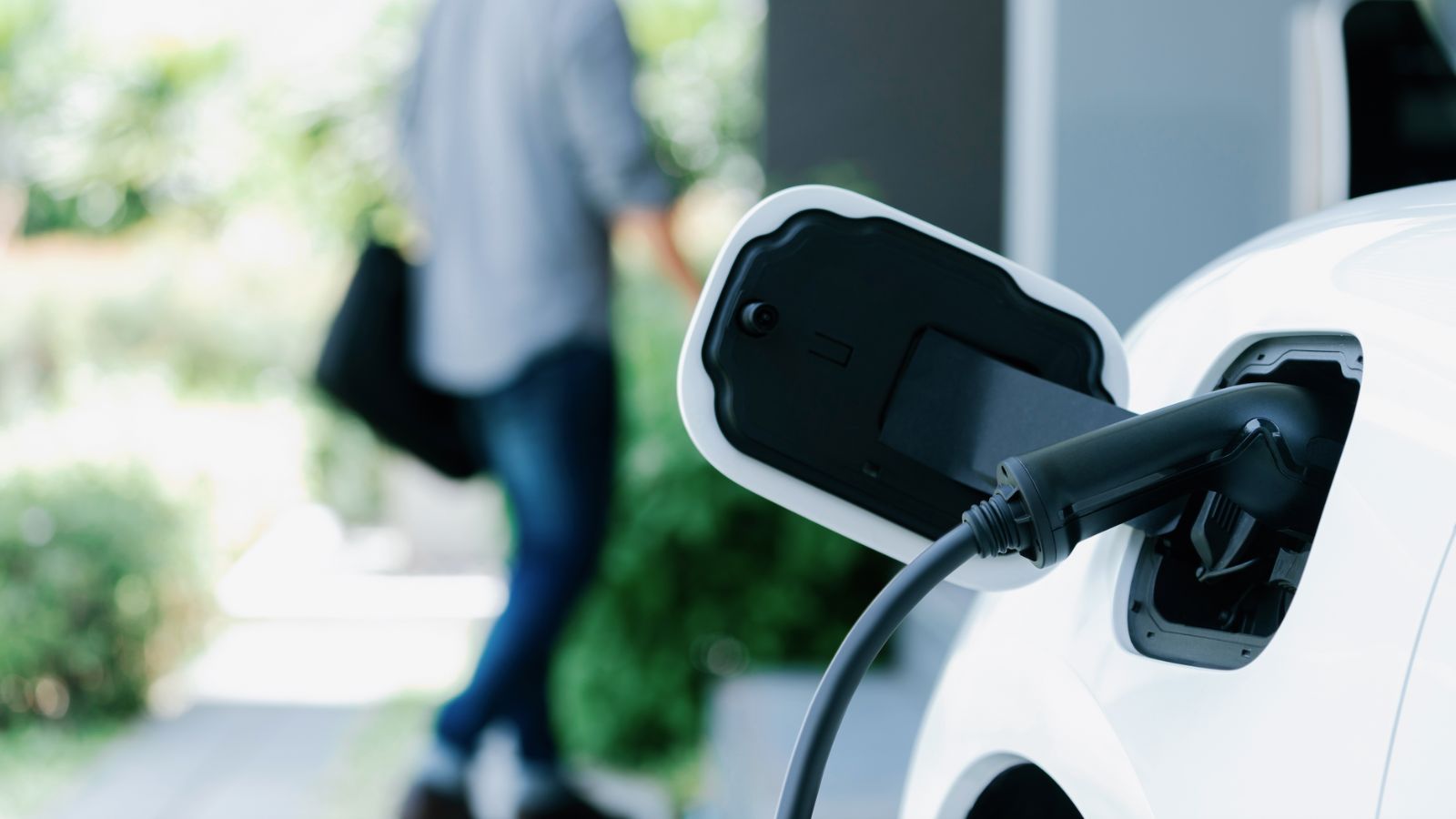
Apartment dwellers or those without garages often face challenges finding a convenient place to plug in. Not every home is equipped for easy EV charging, and even if you have the room, installing a home charger can be expensive. Relying solely on public chargers may not be feasible. These limitations make EV ownership impractical for many people.
Repair Challenges
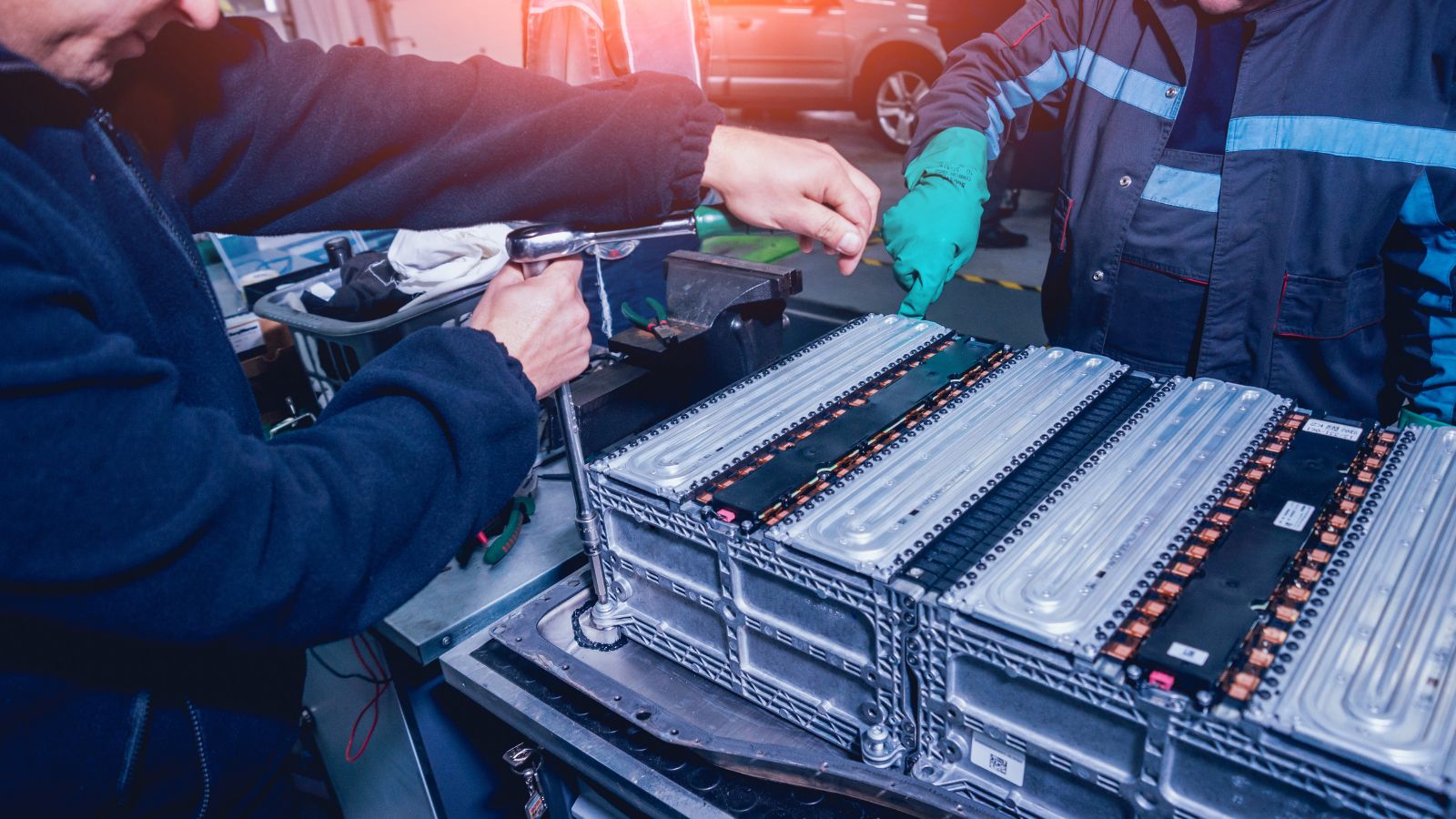
EVs work differently from gas vehicles. They generally require less maintenance, but finding a mechanic who can service them isn’t always easy. Electric cars have specialized components, and not all repair shops are equipped to handle them. This can lead to higher repair costs or long waits for service if your local area lacks EV expertise.
Resale Value Uncertainty

EV technology is moving fast – too fast for some. It means there’s a danger that an electric car you buy today might lose its value very quickly as longer-range, more efficient models become available. Drivers who like to upgrade their cars regularly hate an unpredictable marketplace with a risk of high depreciation.
